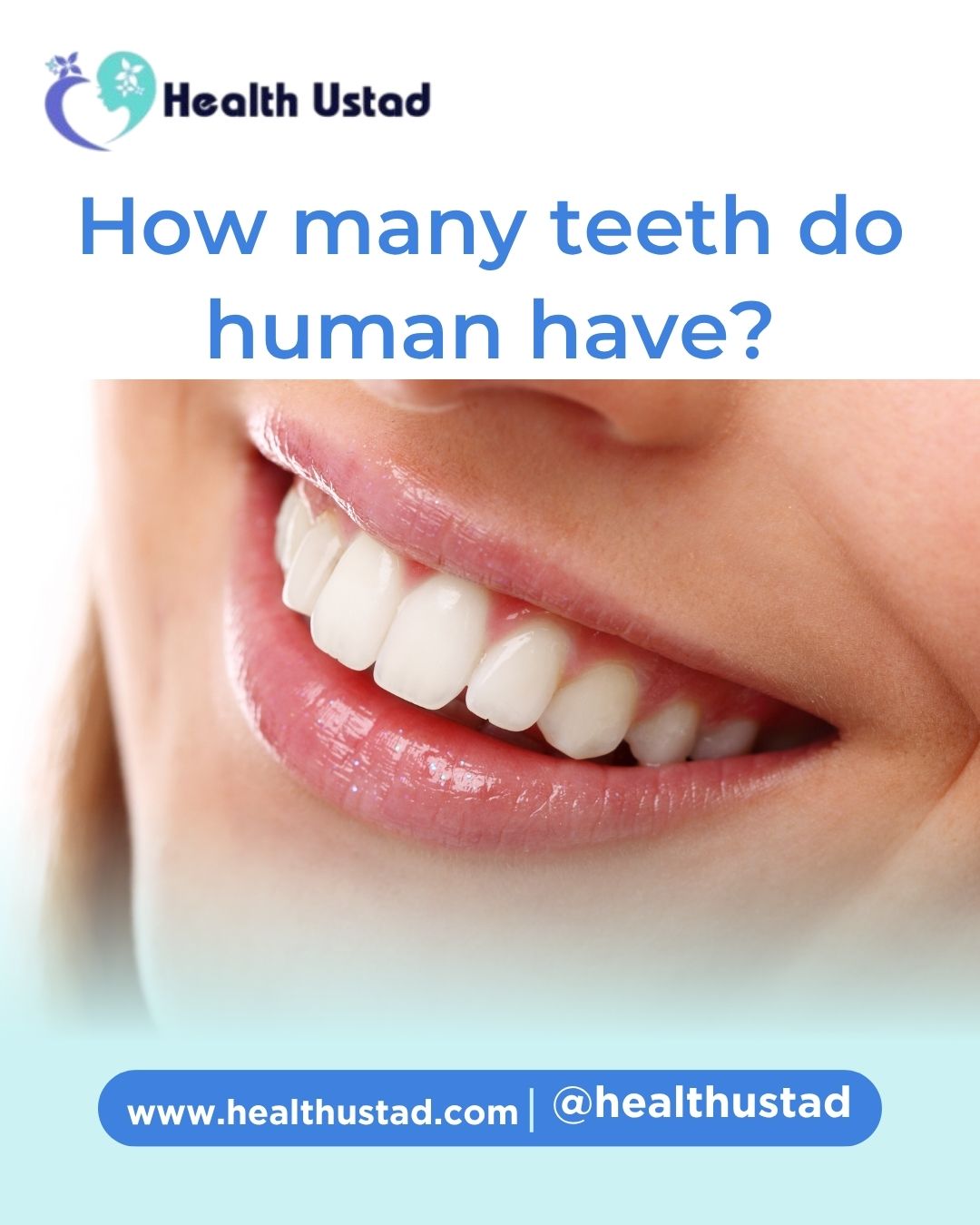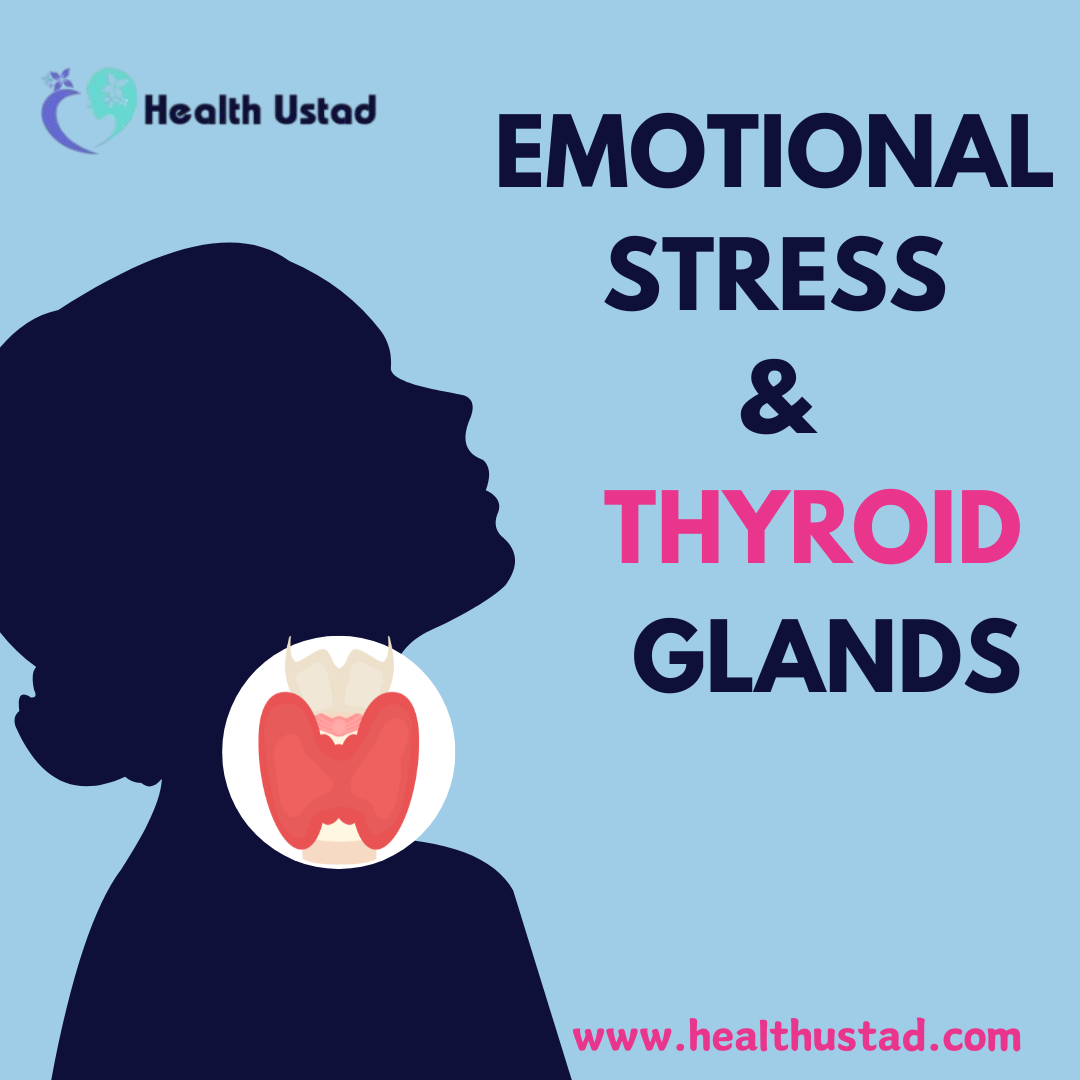How Many Teeth Do Humans Have? A Full Guide to Your Smile.

Teeth are essential in our daily lives. They help us break down food, shape our speech, and even shape the way our faces look. One of the most common questions people ask is, “How many teeth do human have?” The answer isn’t just a single number because the number of teeth we have changes as we grow. We start with 20 baby teeth and end up with 32 adult teeth. You can improve your oral health and keep a healthy smile for the rest of your life by learning how teeth grow, change, and work.
People have two sets of teeth.
People grow two sets of teeth during their lives: primary teeth (also called deciduous teeth) and permanent teeth. These sets grow at different times in life and serve various purposes.
Baby teeth, also called primary teeth, come in between 6 and 8 months of age. By the time a child is three years old, they will usually have all 20 of their primary teeth. These baby teeth are essential for chewing, talking, and guiding the growth of permanent teeth in the future.
Around age 6, kids start to lose their baby teeth as they grow up. In the next few years, these teeth will be replaced by stronger, bigger permanent teeth that can handle the demands of adulthood, like chewing tougher foods and keeping the structure of the face and jaw.
So, if you’re wondering how many teeth humans have, the answer depends on their age. Children have 20 primary teeth, but adults can have up to 32 adult teeth if all of their wisdom teeth are present.
Understanding the first (baby) teeth.
The first set of teeth to come in are the primary teeth, which are also called deciduous teeth. They are incisors, canines, and molars, and each one has a different job in the mouth. These 20 baby teeth help kids chew food, talk, and get their jaws ready for permanent teeth.
Even though these teeth are only temporary, you still need to take care of them. If you don’t take care of your teeth when you’re a kid, they can rot, be damaged, and even fall out early, which can change the way your permanent teeth line up later in life. Parents should encourage their babies to brush and floss their teeth and go to the dentist regularly to keep them strong and healthy.
The change from baby teeth to adult teeth
Kids lose their baby teeth slowly between the ages of six and twelve. Their permanent teeth grow in. This natural change makes room for adult teeth that are bigger, stronger, and meant to last a lifetime.
The process of tooth growth starts in the early developmental stage of life. The tooth process begins when the roots of the teeth break down. The root breakdown causes eventual loss or fall out of teeth. After the teeth fall, permanent teeth come.
This stage is crucial for making a good bite and keeping your mouth healthy for a long time. Regular dental checkups during this time help make sure that teeth come in straight and don’t get crowded or out of place.
Complete Set of Adult Teeth
We describe briefly about baby teeth. Now let’s ask our question: How many teeth do humans have? So, an adult human has 32 teeth, including:
8 incisors:
The flat front teeth break food into smaller pieces.
4 Canines:
Sharp, pointed teeth that are used to shred food.
8 Premolars:
Transitional teeth that help with breaking and grinding things down.
12 Molars:
These are the big, strong teeth in the back of your mouth that grind food well. There are also four wisdom teeth that usually come in during late adolescence or early adulthood.
These 32 adult teeth are supposed to work together so that you can chew a wide range of foods while still getting the best nutrition. Not everyone gets all four wisdom teeth, though. Some people may have fewer because of genetics or having teeth pulled.
What is The Role of Wisdom Teeth?
Wisdom teeth are also called third molar teeth. These teeth are the last four teeth to grow. These teeth usually develop between the ages of 17 and 25. When these teeth are fully grown, they make a set of adult human teeth of 32. The growth of wisdom teeth causes too much pain and infection in many cases.
Dentists often recommend getting rid of impacted or crooked wisdom teeth to keep your teeth healthy in general. Not everyone keeps these teeth, but whether or not they are there doesn’t change the fundamental question of how many teeth humans have, since they are part of the typical adult set.
Types of Teeth and What They Do?
Each type of tooth plays a vital role in chewing, speaking, and the shape of the face.
Here’s how teeth work:
If you look at the flat edges of incisors, these help slice and cut.
Canines‘ function is to tear food, as canines have sharp and pointed teeth.
Premolars grind and crush food, as these are transitional teeth.
Molars: These big teeth in the back help break down food into smaller pieces that can be digested.
Wisdom teeth are extra molars that used to help our ancestors chew raw vegetables and meats, but they aren’t needed anymore.
These teeth work together to break food down into smaller pieces, which helps digestion and makes the jaw and facial muscles stronger.
Tooth decay and loss are common issues.
Teeth are meant to last a lifetime, but they can get sick and hurt, which can lead to dental decay, gum disease, and other problems. Bacteria present in the mouth release acid, which causes decay in the layer of enamel. If you don’t get on-time treatment, this enamel decay can also cause infection and tooth loss.
That is the reason taking care of your teeth is very important. Regular brushing, flossing, and dental checkups can help keep enamel strong and stop plaque from building up.
Sometimes people start losing their teeth because of age and gum disease. When you start losing your teeth, it can affect your way of chewing, talking, and smiling. Dental implants help to avoid all such problems.
Dental Health Throughout Life
Taking care of your teeth properly starts when you’re young and goes on for the rest of your life. Your teeth require dental care at every stage of life. In childhood, from protecting 20 primary teeth to keeping a complete set of teeth in later life. So, Dentists say that:
Brush your teeth twice a day with toothpaste that has fluoride in it.
Get rid of all food particles that are stuck for better teeth.
Lower the intake of sugary foods and drinks.
Visit your dentist every six months.
These healthy habits will help you keep your teeth and gums healthy. You will be safe from losing your teeth at an early age. Healthy teeth not only help you to chew food better, but they are also helpful to make you look better. So take care of your health and teeth as well for a healthy life.



Post Comment